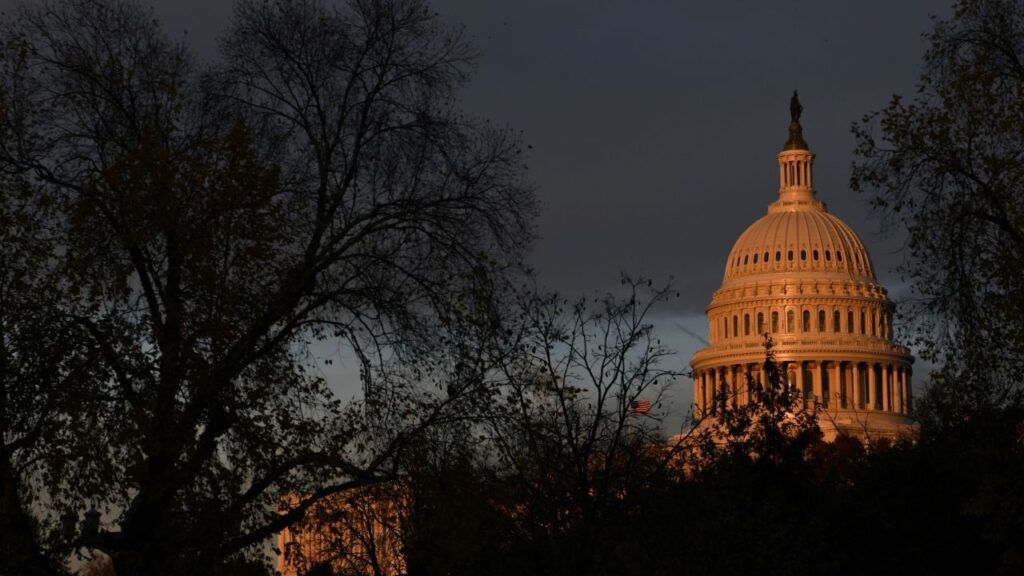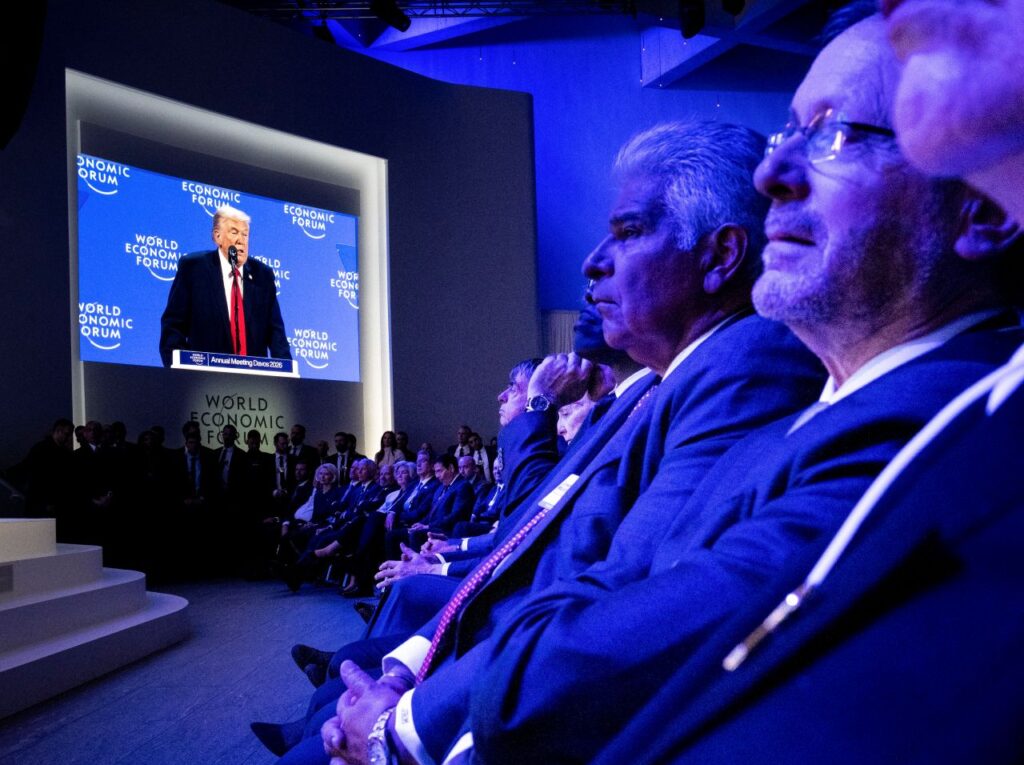Share
Benjamin Netanyahu has dominated Israeli politics for more than two decades. Soon he could be forced from office due to several police investigations on corruption and influence-peddling. If that happens, it will surely complicate Israeli-American relations.

Opinion
James Phillips
Attorney General Avichai Mandelblit is expected to decide within weeks whether to indict the four-term prime minister. If indicted and convicted, Netanyahu could end up in jail, like his predecessor, Ehud Olmert.
If forced to step down from office, Netanyahu will leave a huge vacuum that will be filled only after political battles to succeed him play out within his Likud party, within his ruling coalition and within Israel’s vibrant political system.
Polls Show Israeli Voters Support Netanyahu
The latest polls indicate that Netanyahu retains strong support among Israeli voters and within the Likud party, the largest political faction in Israel’s legislature, the Knesset. If elections were held today, Netanyahu would easily win another term in office. Polls also indicate that the Likud party would win as many as 36 Knesset seats, up from its current 30.
Elections currently are slated for late 2019, but could come sooner if Netanyahu is forced to resign. In that case, it is unclear if any other Likud leader could hold together the current ruling coalition, which controls 66 seats in the 120-seat Knesset.
A pillar of Israeli leadership, Netanyahu has a strong record on security, foreign policy and economic issues. He also enjoys good personal relationships with a large array of Middle Eastern and international leaders, including President Trump.
No potential successor can match him in terms of experience, achievements or personal contacts.
A Hero’s Welcome From AIPAC
Knowing this, Netanyahu sought to present himself as an indispensable leader on his recent Washington trip. He received a hero’s welcome at AIPAC’s annual conference and a warm embrace at the White House.
The prime minister undoubtedly will seek to reinforce that image at ceremonies commemorating the 70th anniversary of Israeli independence May 14. He also has invited President Trump to attend the opening ceremony for the new U.S. Embassy in Jerusalem, slated for that same day.
Many of President Trump’s advisers opposed moving the embassy from Tel Aviv until after a peace accord with the Palestinians. Since Trump overruled them, Netanyahu can credibly argue that his close relationship with the president was a key factor in this major change in U.S. policy, which is much appreciated in Israel.
Netanyahu also can argue that his departure could undermine Israel’s influence on vital Washington policy debates at a critical time. Although security cooperation between Israel and America will remain close regardless of the political relations of the top leaders, Netanyahu clearly has established a strong rapport and warm personal relations with the president that any successor will find difficult to replicate.
Should Labor Party Returns to Power, Trump’s Influence Might Wane
If Netanyahu’s resignation leads to elections in which Israel’s Labor party returns to power, Jerusalem’s influence with the Trump White House could erode quickly. If Likud wins the resulting elections and continues to lead Israel’s government, then a leader who is relatively unknown in Washington will be in charge.

Israeli Prime Minister Benjamin Netanyahu has forged a close alliance with President Trump. / Shutterstock
As prime minister, Netanyahu has been an important U.S. ally in efforts to stabilize the volatile Middle East, combat terrorism, and roll back Iran’s malign influence. But if he is displaced as leader, Israel will lose an experienced advocate who has aggressively advanced its interests in Washington policy debates.
Although this yielded minimal results with President Obama, who held an incompatible worldview, Netanyahu has achieved much greater success with President Trump. Donald Trump is a president who prioritizes his personal relations with other leaders. It is doubtful that any other Israeli leader could quickly establish the strong personal rapport that Netanyahu already enjoys with Trump.
If Prime Minister Netanyahu is forced to step down, security cooperation will remain strong, but there may be missed opportunities for closer coordination on a range of policy issues that Netanyahu is well-positioned to influence.
About the Author
James Phillips is the senior research fellow for Middle Eastern affairs at The Heritage Foundation, a Washington think tank. He wrote this for InsideSources.com.



















